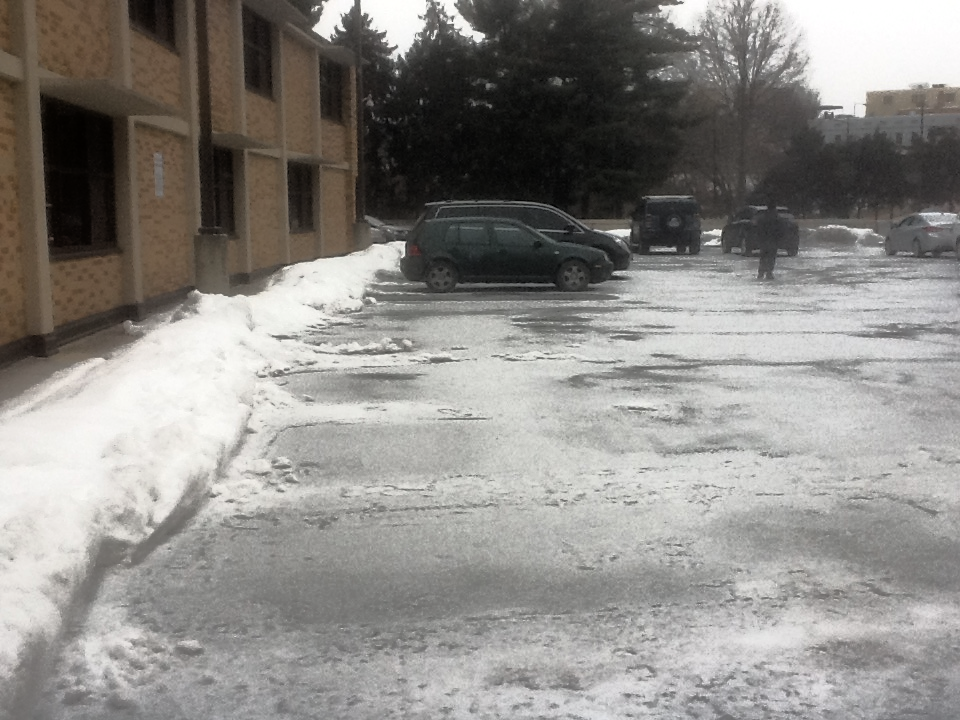At a public hearing held Wednesday in Washington, D.C., Senators from both parties spoke about the “overwhelming scientific consensus regarding GMO safety,” and about the urgent need for Congress to pass a nationwide solution that prevents a “state-by-state patchwork of labeling laws” that has poor consequences for farmers, businesses, and consumers.
From the Coalition for Safe Affordable Food:
In a major step towards passage of a uniform, national labeling standard for foods made with genetically modified organisms (GMOs), the Senate Agriculture Committee held a hearing today that showcased the overwhelming scientific consensus regarding GMO safety, as well as the urgent need for Congressional action to pass a reasonable, common-sense solution that prevents a state-by-state patchwork of labeling laws.
“Today’s hearing confirmed that GMOs are safe; a state-by-state patchwork of labeling laws will have dire consequences for farmers, businesses and consumers; and the urgency for Congress to prevent these problems by passing a uniform national law,” said CFSAF spokesperson Claire Parker.
Senators from both parties spoke to the importance and safety of biotechnology and the need for a single national food labeling standard. Chairman Pat Roberts (R-KS) began the hearing by stating that “agriculture biotechnology has become a valuable tool in ensuring the success of the American farmer in meeting the challenge of increasing yield in a more efficient, safe, and responsible manner.”
Ranking Member Debbie Stabenow (D-MI) declared “I share the concern of doing business if 50 different states have 50 different standards and quite frankly, it wont work.” Senator Stabenow also said she hopes the Senate can “work together to develop a bipartisan bill that can pass the Senate by the end of this year.”
Wednesday’s hearing began with a panel of experts from the U.S. Department of Agriculture, Environmental Protection Agency, and the Food and Drug Administration offering testimony that reaffirmed the safety of GMOs.
Dr. Susan Mayne, director of the FDA’s Center for Food Safety and Applied Nutrition, stated that “over the last 20 years, FDA has reviewed and evaluated data and information on more than 150 GE plant-derived foods…based on our evaluations, we are confident that foods from genetically engineered sources in the U.S. marketplace today are as safe as their conventional counterparts.”
Michael Gregoire, the associate administrator of the Animal and Plant Health Inspection Service of the U.S. Department of Agriculture, added, “we have great confidence in the safety of GE crops that have been approved under the current U.S. regulatory system.”
Following three hearings in the U.S. House of Representatives, this is the fourth time in the past 12 months where expert witnesses have confirmed the science and safety of biotechnology.
The Senate hearing comes less than ten months from the July 1 effective date of Vermont’s labeling mandate, which will be the first state to implement its own unique food labeling standard. Though Vermont’s law is currently being challenged in federal court, there is little chance of a judicial resolution in time to prevent the negative impacts of the misguided statute.
Joanna Lidback, a dairy farmer from Barton, Vermont, provided a first-hand account of the severe consequences that will ensue should Vermont’s law take effect next year. “The use of biotechnology on our farm is also important to the economic sustainability of our small business by keeping the price we pay for feed affordable,” said Lidback. “To compare prices, a non-GMO basic 20 percent protein complete feed would cost $555 per ton; the same conventional feed that we purchase is currently $305 per ton…a difference of $4,000 a month or $48,000 per year. I do not see how we could profitably farm in the long term with those increased costs, thus effectively pushing my small farm out of business.”
Daryl Thomas, executive vice president of Herr’s Snacks, testified that a patchwork of state labeling laws will cost his company more, likely leading to higher prices for consumers. “Absent a federal solution by July 2016 when Vermont’s law takes effect, manufacturers will have three options to comply: 1) redesign packaging, 2) reformulate products so that no label is required, or 3) halt sales to that state,” said Thomas. “While we have not made a final decision, we are considering several factors that will make it difficult to continue sales in Vermont. One factor is the ability of our distributor chain to segregate product for Vermont since it is the food manufacturer who is liable if mislabeled products make it onto store shelves. We recently received a note from the largest grocery wholesaler in the nation. The letter informed us that they ‘will not take additional steps to segregate or otherwise specifically direct the shipment of Vermont only products into Vermont.’”
“Discussions about mandatory GMO labeling laws reducing consumer choice are becoming much less theoretical and much more real,” Thomas continued. “If the number of products on store shelves decreases, not only will consumers lose choices, but the lack of choice and competition could drive up costs. For some households that cost might be easily absorbed. For others it could be significantly more difficult.”
It it increasingly clear that a bipartisan solution is attainable. In July, the House of Representatives passed its own bill that creates a single, national labeling standard, as well as a GMO-free certification program that assures consumers who prefer to purchase non-GMO foods have a consistent, transparent means of identifying those products. That legislation passed by a 275-150 vote with support of 45 Democrats. Today’s hearing provided plenty of evidence that similar bipartisan compromise is within reach in the Senate.




